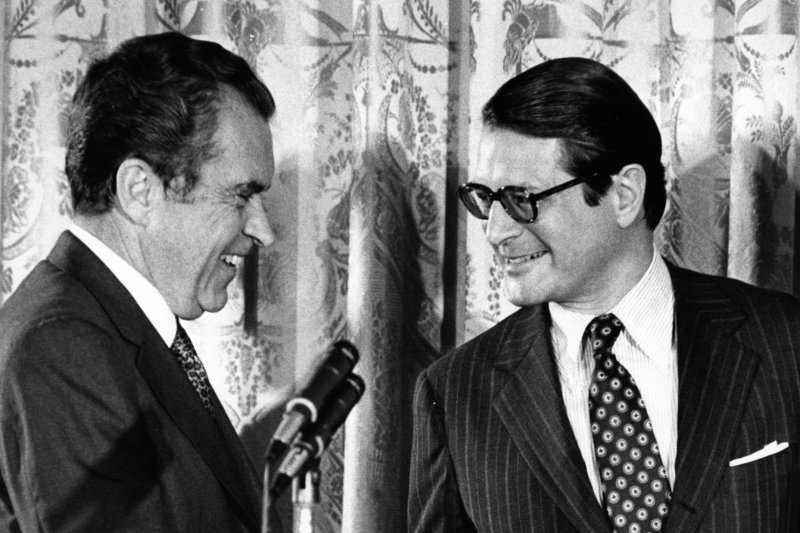On October 20 throughout history, several significant events have shaped the political, cultural, and social landscape of the world. Notably, the Watergate scandal became a defining moment in U.S. history on this date in 1973, as key officials resigned under pressure from President Richard Nixon. This article delves into these historical milestones, highlighting their impact and significance.
Watergate Resignations Mark a Turning Point
In a dramatic escalation of the Watergate scandal, Attorney General Elliot Richardson and Deputy Attorney General William Ruckelshaus resigned on October 20, 1973, after President Nixon ordered them to fire special prosecutor Archibald Cox. Their refusal to comply with Nixon’s directive led to their immediate resignations, a series of events that would be forever known as the “Saturday Night Massacre.” Ultimately, Solicitor-General Robert Bork carried out Nixon’s orders, an action that further fueled public outrage and calls for accountability.
This incident represented a critical moment in American politics, highlighting the tensions between the executive branch and the rule of law. It set off a chain of events that culminated in Nixon’s eventual resignation in 1974, underscoring the importance of checks and balances in a democratic society.
A Day of Notable Events Across History
Other significant occurrences on October 20 include the 1818 agreement between the United States and Britain to establish the 49th parallel as the official boundary between the two nations. This agreement laid the groundwork for the modern border between the U.S. and Canada.
In 1944, American forces landed on the eastern coast of Leyte Island in the Philippines during World War II. General Douglas MacArthur, who had been forced to retreat two years prior, famously declared, “I have returned,” marking a pivotal moment in the campaign to liberate the Philippines.
Fast forward to 1968, when former First Lady Jacqueline Kennedy married Greek shipping magnate Aristotle Onassis on the Greek island of Skorpios. This high-profile marriage captured global attention and reflected the intersection of politics and celebrity.
In more recent history, October 20 has seen significant developments in sports and international politics. In 2021, Barbados elected its first president, Sandra Mason, officially becoming a republic and replacing Queen Elizabeth II as head of state. Mason’s inauguration marked a historic shift in the governance of the island nation.
Additionally, in 2024, Breanna Stewart and the New York Liberty achieved a remarkable victory in the WNBA, overcoming a twelve-point deficit against the Minnesota Lynx to secure their first championship title. This triumph is celebrated as a significant milestone for women’s sports.
October 20 also witnessed cultural milestones, including the tragic plane crash in 1977 that claimed the lives of several members of the rock band Lynyrd Skynyrd. The crash resulted in the deaths of lead singer Ronnie Van Zant and guitarist Steve Gaines, profoundly impacting the music community.
In 1982, a tragic accident occurred during a soccer match in Moscow, where a stampede resulted in the deaths of up to 340 fans, highlighting the pressing need for safety measures in sports venues.
As we reflect on the events of October 20, it becomes evident that this date has served as a backdrop for pivotal moments that have influenced history, culture, and politics. From the Watergate scandal to achievements in sports and governance, these occurrences remind us of the ever-evolving narrative of human experience.







